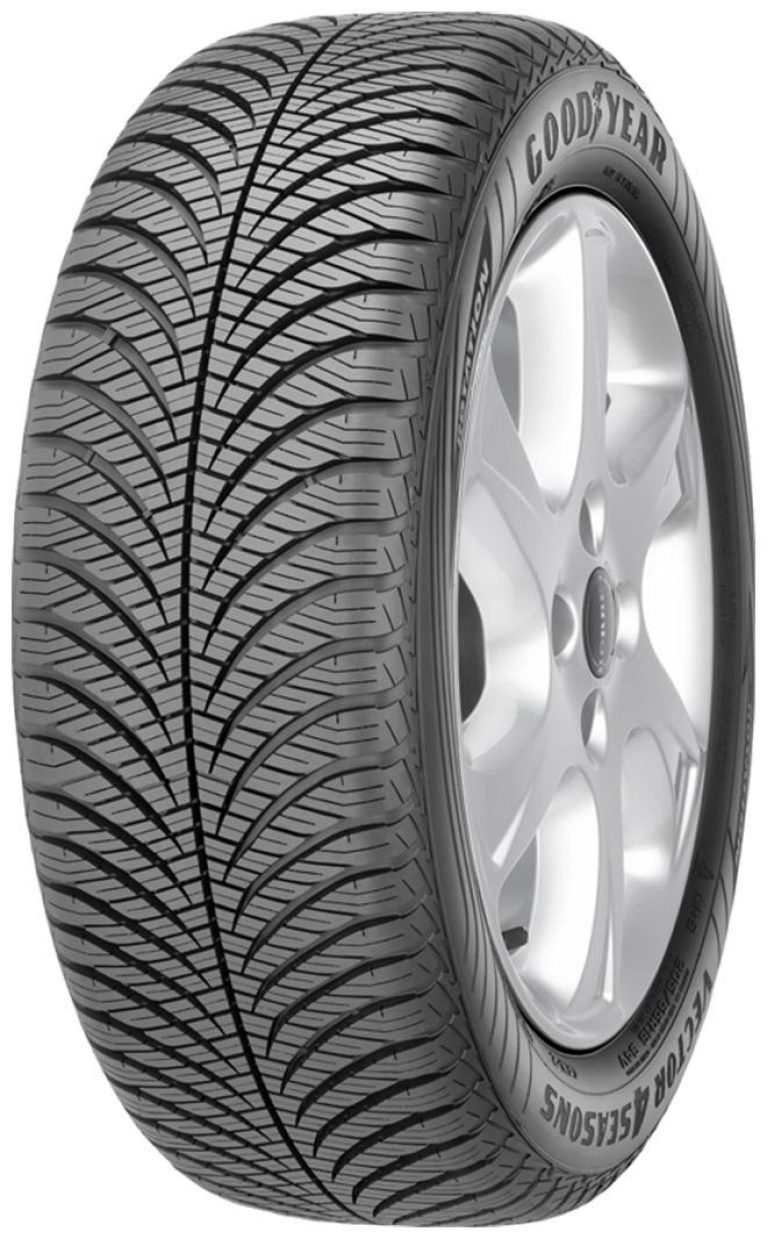What are All-Season Tires and What Are Their Advantages?

What are All-Season Tires and What Are Their Advantages?
All-season tires are tire types that can be used throughout the year. These tires can be used especially in the summer months and under harsh winter conditions. All-season tires, which combine the advantages of both summer and winter tires, promise safe driving experiences all the time. These tires are designed to ensure the vehicle performs at its highest capacity. All-season tires are marked with a snowflake symbol.
These tires can perform well on both muddy and snowy surfaces. All-season tires are typically installed on vehicles when they leave the factory. In temperate regions, these tires are sufficient in winter, but in areas with harsh winter conditions, it might be better to use winter tires.
What Are the Features of All-Season Tires?
The tread depth of all-season tires is deeper than that of summer tires and less intense than winter tires. Thus, they offer average tread depth and can perform well in all seasons.
You can identify an all-season tire by the markings on its sidewall. If the tire sidewall features the "M+S" symbol along with a snowflake mark, it can be used as an all-season tire.
These tires provide maximum comfort when summer and winter tires are not mandatory, or during seasonal transitions.
All-season tires perform well on wet and dry surfaces and can handle light winter conditions effectively. If used under the right conditions, they are long-lasting.
These tires can provide traction at temperatures as low as -5 degrees Celsius during winter.
Advantages of All-Season Tires
All-season tires are highly cost-effective products. In regions where the temperature doesn't fall too low, they can be used in both summer and winter. If you use all-season tires, your vehicle can run throughout the year with a single set of tires. This provides significant financial benefits. These tires also promise low fuel consumption at all times.
These tires are specifically designed for the general driver type, meaning for everyday vehicle owners, and they are also highly preferred in the car rental industry. With their moderate tread depth, they have a much longer lifespan than summer tires. These tires are made from rubber compounds to ensure longer tread life. In summary, these tires are made from harder materials compared to summer tires.
Other advantages of all-season tires include:
- They provide a very quiet driving experience compared to other tires.
- Their tread life is much longer than that of summer tires.
- Your vehicle consumes less fuel when using all-season tires.
- For both drivers and passengers, trips are comfortable and safe throughout the year.
Are All-Season Tires Safe in Winter?
All-season tires are designed to be used under light winter conditions. If used in harsh winter conditions, their lifespan shortens, and they may not perform at their best. In extreme winter conditions, they may not provide sufficient performance. Specifically, for commercial vehicles where winter tires are mandatory, legal penalties may apply for using all-season tires.
The production purpose of these tires differs from that of summer tires. Summer tires perform better on dry surfaces in hot weather. On the other hand, all-season tires are versatile and can adapt to all seasons. These tires provide consistent performance in braking, steering control, and cornering. If used correctly and maintained regularly, they can offer long-lasting service.











